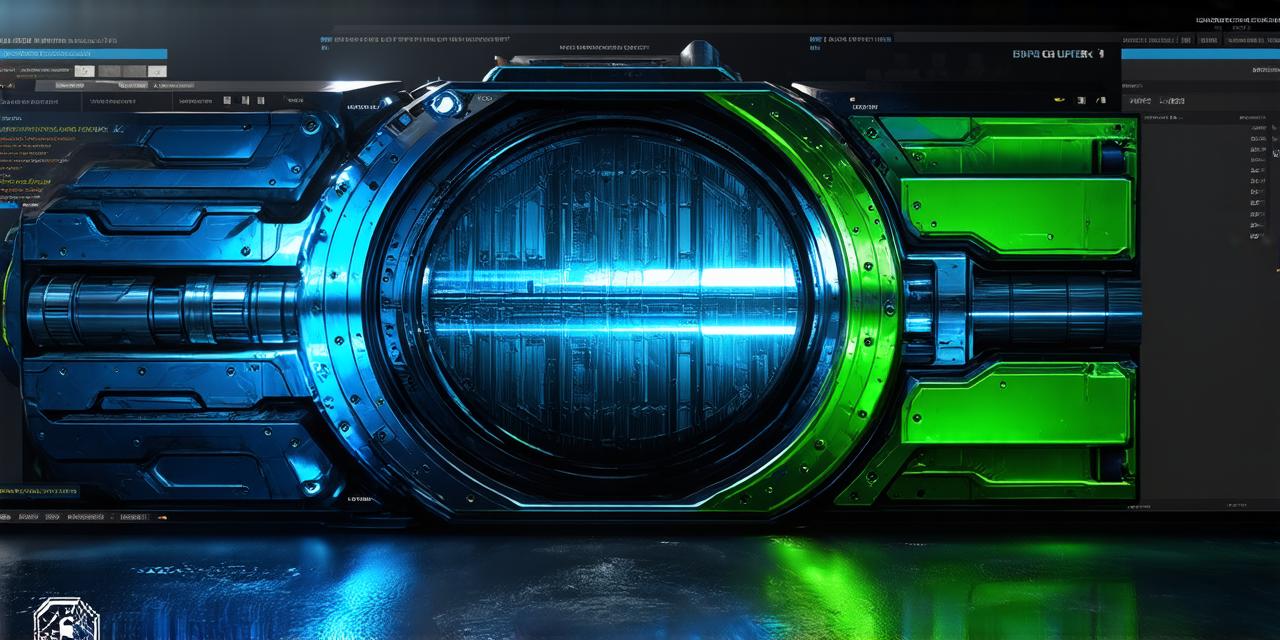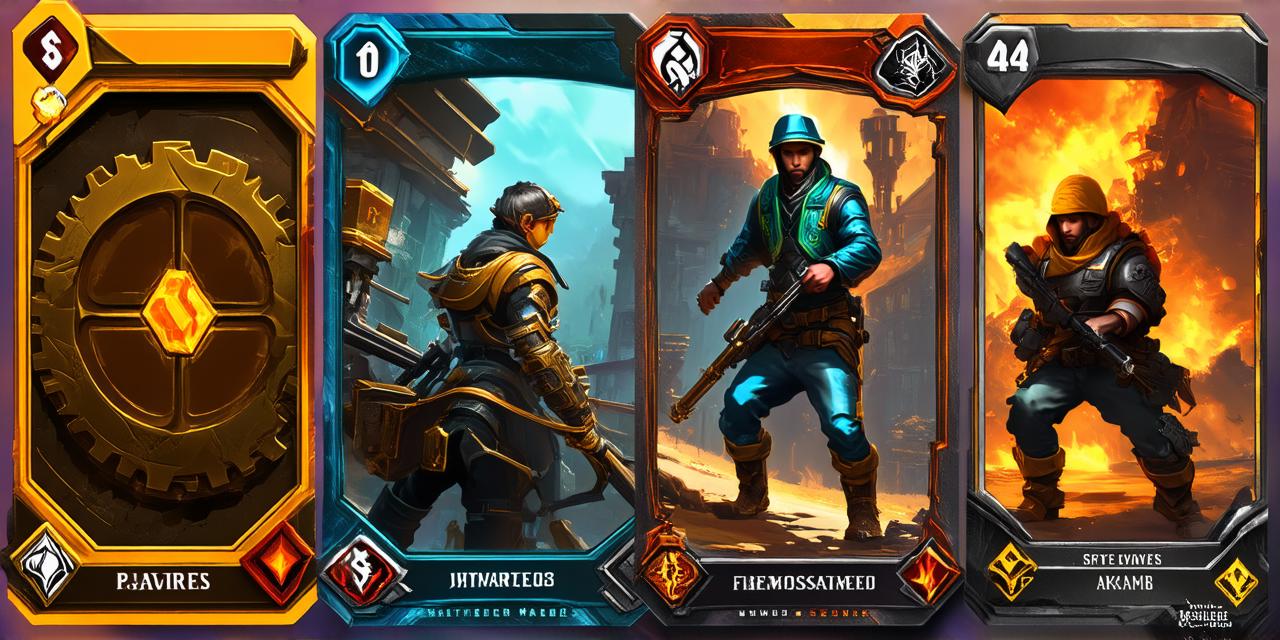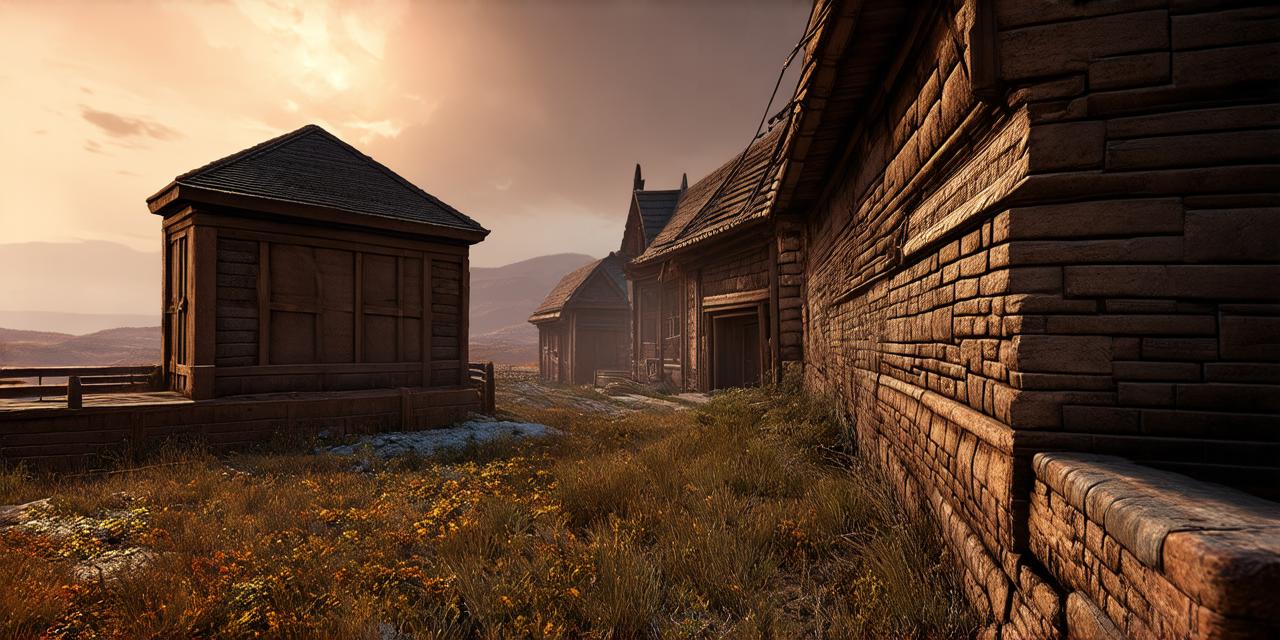Introduction:
Rust is an open-source programming language that was developed by Mozilla to address the challenges of safe and efficient systems programming. However, it has gained popularity among game developers due to its ability to create high-performance games with minimal memory usage. In this article, we will explore how Rust can be used to create engaging and immersive games for various platforms.
Why Choose Rust for Game Development?
Rust offers several advantages over other programming languages when it comes to game development. Firstly, Rust is a systems programming language, which means that it provides low-level control over hardware resources such as memory management and concurrency. This makes Rust an ideal choice for creating games that require high performance and minimal memory usage.
Secondly, Rust has a strong focus on safety and reliability, which is essential in game development. With Rust’s ownership model, developers can avoid common programming errors such as buffer overflows and null pointer dereferences, which can cause crashes and security vulnerabilities in games.
Thirdly, Rust has a growing ecosystem of libraries and tools that are specifically designed for game development. These include game engines such as Ggez and Amethyst, as well as graphics and audio libraries such as Piston and Lazy_TTF.
Getting Started with Rust in Game Development
Before diving into the world of Rust game development, it’s important to have a solid understanding of the basics of Rust programming. Some key concepts to master include ownership, borrowing, and lifetimes. These concepts are essential for writing safe and efficient code in Rust.
Once you have a good grasp of Rust fundamentals, you can start experimenting with game development frameworks and libraries. Ggez is a popular game engine that provides an easy-to-use interface for creating 2D games in Rust.
Creating Games with Rust: A Step-by-Step Guide
Step 1: Setting Up the Environment
The first step in creating any game is setting up the development environment. In this case, we will be using Ggez, which requires the installation of Rust and the creation of a new project directory.
Step 1: Setting Up the Environment
The first step in creating any game is setting up the development environment. In this case, we will be using Ggez, which requires the installation of Rust and the creation of a new project directory.
Step 2: Writing Code for the Game Engine
The next step is to write code for the game engine. In this case, we will be using Ggez to create a simple platformer game. Ggez provides a set of high-level functions that make it easy to create games without having to worry about low-level details such as memory management and concurrency.
Step 2: Writing Code for the Game Engine
The next step is to write code for the game engine. In this case, we will be using Ggez to create a simple platformer game. Ggez provides a set of high-level functions that make it easy to create games without having to worry about low-level details such as memory management and concurrency.
Step 3: Adding Game Assets and Mechanics
Once the game engine is set up, we can start adding game assets and mechanics to our game. For example, we could add sprites for characters and enemies, as well as collision detection and physics simulation using a library like Amethyst.
Step 3: Adding Game Assets and Mechanics
Once the game engine is set up, we can start adding game assets and mechanics to our game. For example, we could add sprites for characters and enemies, as well as collision detection and physics simulation using a library like Amethyst.
Step 4: Publishing the Game
Once our game is complete, we can publish it to platforms such as Windows, Mac, and Linux using a tool like Cargo.
Step 4: Publishing the Game
Once our game is complete, we can publish it to platforms such as Windows, Mac, and Linux using a tool like Cargo.

Summary
Rust is a powerful and safe systems programming language that is well-suited for creating high-performance games. With the help of game engines like Ggez and Amethyst, Rust developers can create complex and polished games without having to worry about low-level details such as memory management and concurrency.
Summary
Rust is a powerful and safe systems programming language that is well-suited for creating high-performance games. With the help of game engines like Ggez and Amethyst, Rust developers can create complex and polished games without having to worry about low-level details such as memory management and concurrency.




